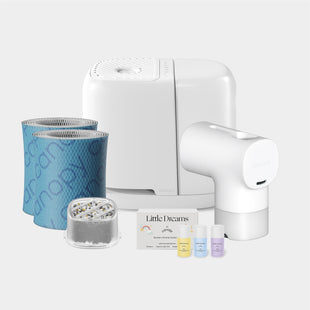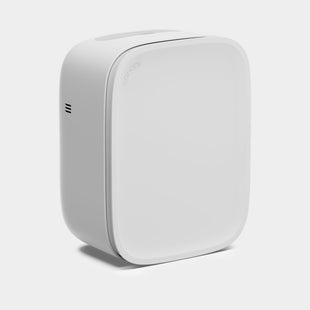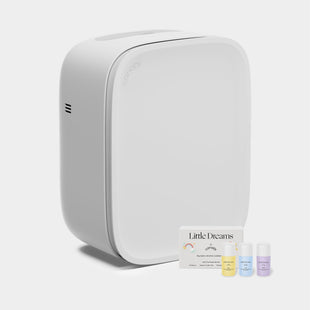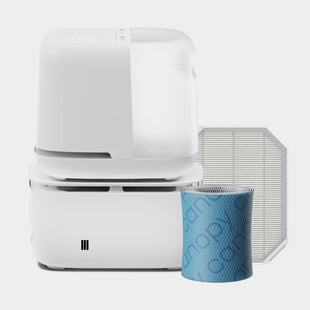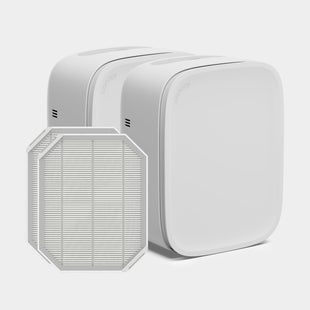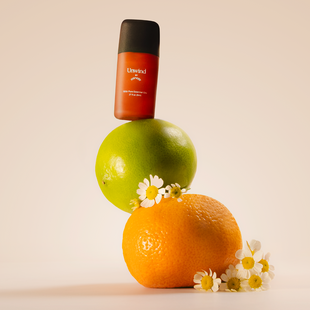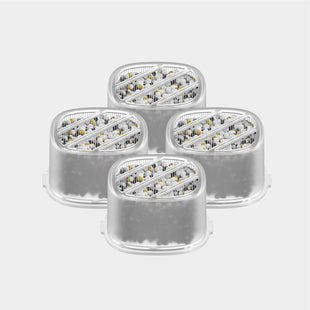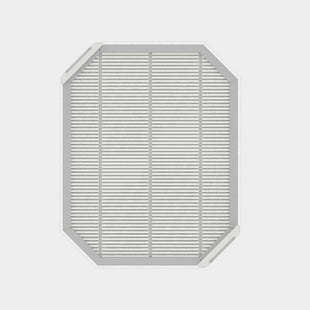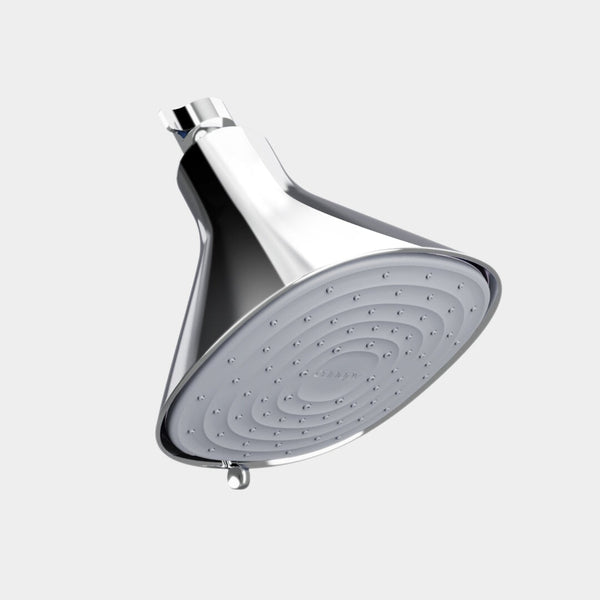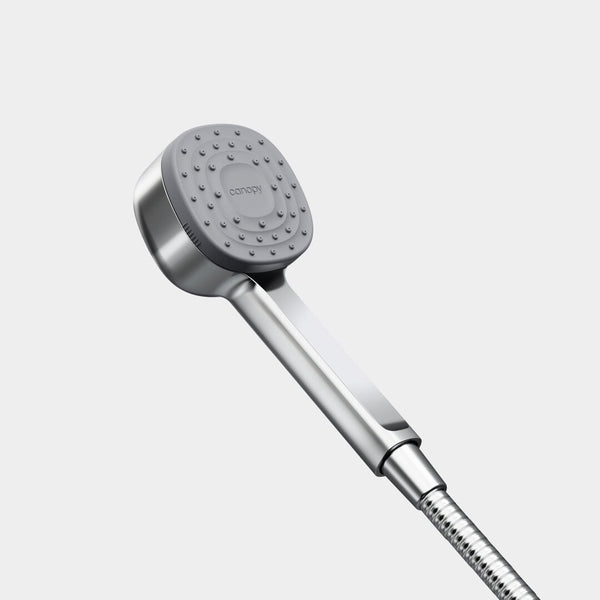This content has been reviewed and updated on July 31, 2023.
When you think about clean water, you probably consider whether it’s safe to drink. However, contaminants and minerals in your home’s water supply can also affect plumbing, appliances, skin, and hair. Many homeowners invest in devices to purify the water, including water softeners and filters. Which device is best for your needs depends on your water supply and whether it contains excessive amounts of minerals, chlorine, or other contaminants. Here, we explain the difference between a water filter and a water softener to help you decide which is the best for your needs.
Why Might You Need Home Water Treatment?
Many people don’t realize that the effects of impure water are more than external. Because the shower’s warm water opens pores, your skin can absorb anything contained in the water. Your skin is your body’s largest organ, so it’s a cause for concern when it’s exposed to unwanted chemicals every day for years. When the water from the shower head contains excessive chlorine or dissolved calcium and magnesium, it can cause a long list of issues. You might notice that your skin doesn’t feel clean, for example, or like it has a layer of soap scum.
When you shower, you expect to leave feeling clean and fresh. Using gentle shampoo and cleansers helps prevent discomforts like itchy skin, rashes, and limp or dull hair, but even those products can’t counteract the effects of hard or impure water.
The Benefits of Water Filters

Installing a water filter shower head helps reduce chlorine levels, improving the water quality when you bathe. If your home doesn’t have hard water, you don’t need a water softener—but a shower head water filter helps ensure you bathe in the freshest, cleanest water possible. If your home has hard water, using a water softener and a water filter can help protect your skin health while bathing.
The Benefits of Water Softeners
Water softeners use salt to remove the calcium and other minerals that make water “hard.” Most homeowners invest in whole-house water softeners that treat the water before it enters the house. Eliminating the minerals protects your plumbing and appliances from the mineral buildup that creates clogs. It also ensures the water can rinse away soap and helps protect your skin from excessive dryness, itching, and other discomforts.
Shower head water filters also help remove unwanted substances from the water, but only the water coming from that particular shower head. The water from other fixtures is still hard unless they have a dedicated softener, or your home has a whole-house softener.
Water softeners do not remove other contaminants from the water, though. Despite reducing mineral content, the water may still have excess chlorine, sediment, and other impurities that can affect your skin and overall health. Chlorine can irritate skin conditions like eczema, psoriasis, acne, and rashes because it reduces the natural protective oils in the skin. Eliminating it keeps your skin looking clear and feeling supple.
So, back to the original question: Which is better, a water filter or a water softener for the shower? The answer depends on the condition of your home’s water supply—and in some cases, you might even need both.
Canopy is your choice for reimagined household devices that effortlessly optimize your home for beauty and wellness, from your bedroom oasis to your active family spaces. And we’re ready to help you upgrade one of the most important parts of your routine—the shower. Our new easy-to-install filtered shower head reduces dissolved minerals, added chlorine, and other contaminants in your household water, providing clean water that supports healthy skin and hair. Say goodbye to dull skin, brittle hair, and flaky scalp and hello to healthy skin and scalp and longer-lasting hair color.









